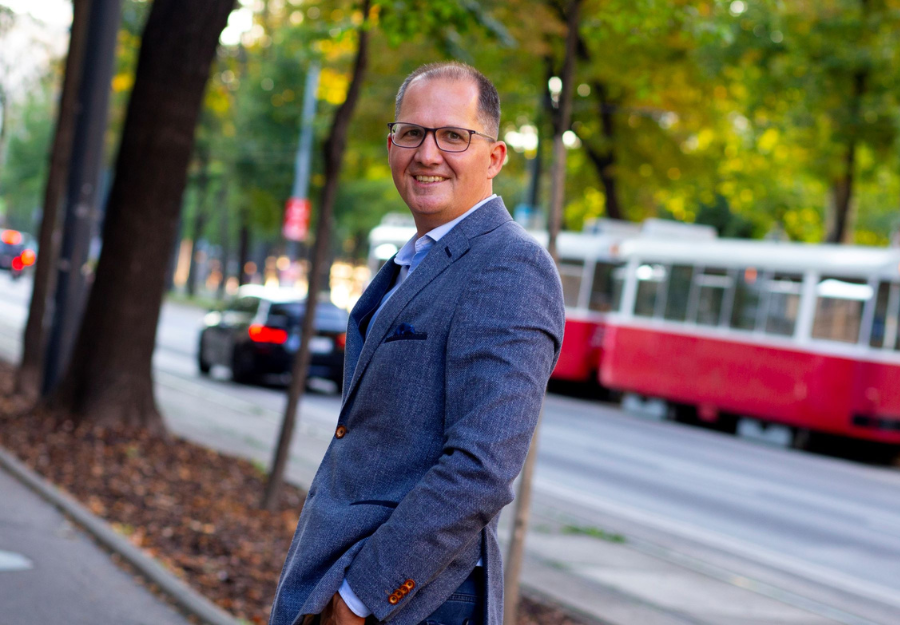Tourism has entered a new era, and you can already study it at Corvinus

Balázs Kovács, visiting lecturer in the Tourism Development Manager/Economist program at Corvinus, has worked in the state tourism sector since 2002 and now runs his own tourism consultancy in Austria, regularly receiving commissions from cities such as Linz. He was a member of the working group that developed Hungary’s first national tourism development strategy and later headed the country’s tourism representation in Vienna. In Austria, particularly in the post-Covid-19 period, he experienced firsthand the strong potential of new tourism. Since then, through his lectures, his Dunakavicsok tourism podcast, and his company’s activities, he has become a dedicated advocate of this trend.
What is new tourism about?
“The concept of new tourism goes far beyond tourists simply traveling to see certain attractions and then returning home. Its primary goal is to simultaneously improve the quality of life for those working in the sector, local residents, and visitors to various destinations. That’s why, within this approach, we no longer even speak of tourists but of visitors, and instead of tour guides, they are accompanied by moderators of encounters,” explains Kovács.
He adds that one of the major advantages of new tourism is its ability to address community challenges in a local and sustainable way.
“In Vienna, for instance, a community café has been created where lonely elderly people bake delicious cakes. This not only engages seniors but also provides visitors with unique gastronomic experiences. Another favorite example comes from Copenhagen, where the otherwise quite expensive kayaking and canoeing city tour — around 70 crowns — can be made free if participants agree to collect litter from the water during the trip. In this way, residents, participants, and the environment all benefit. There is also a Danish village where passing cyclists can earn points by helping the elderly with various household tasks. These points can then be redeemed at the local ice cream parlor or restaurant,” lists Kovács, highlighting existing best practices across Europe.
According to him, an essential element of new tourism is the “live like a local” experience — the growing desire among travelers to truly immerse themselves in the everyday lives of locals during their journeys.
“The great advantage of new tourism is that its solutions are not limited to visitor numbers and profits. They operate on a much more complex level: for example, by solving local problems and improving residents’ quality of life. At the same time, it provides visitors with far more lasting experiences than simply viewing a local attraction,” adds the Corvinus lecturer and tourism expert.
Since Kovács is a member of the Global Sustainable Tourism Council (GSTC) and also serves as Austria’s ambassador for the EU Climate Pact initiative, students gain access to numerous first-hand international examples in his lectures.